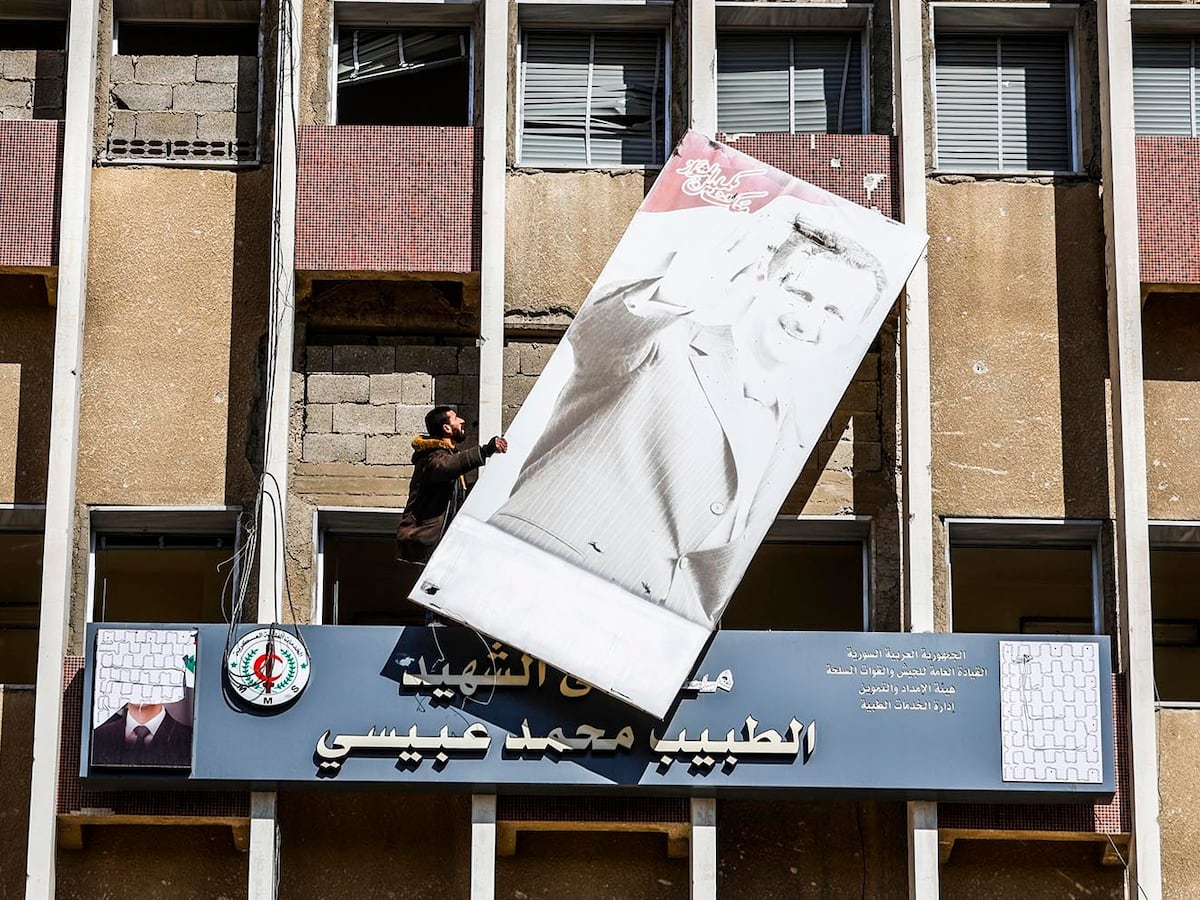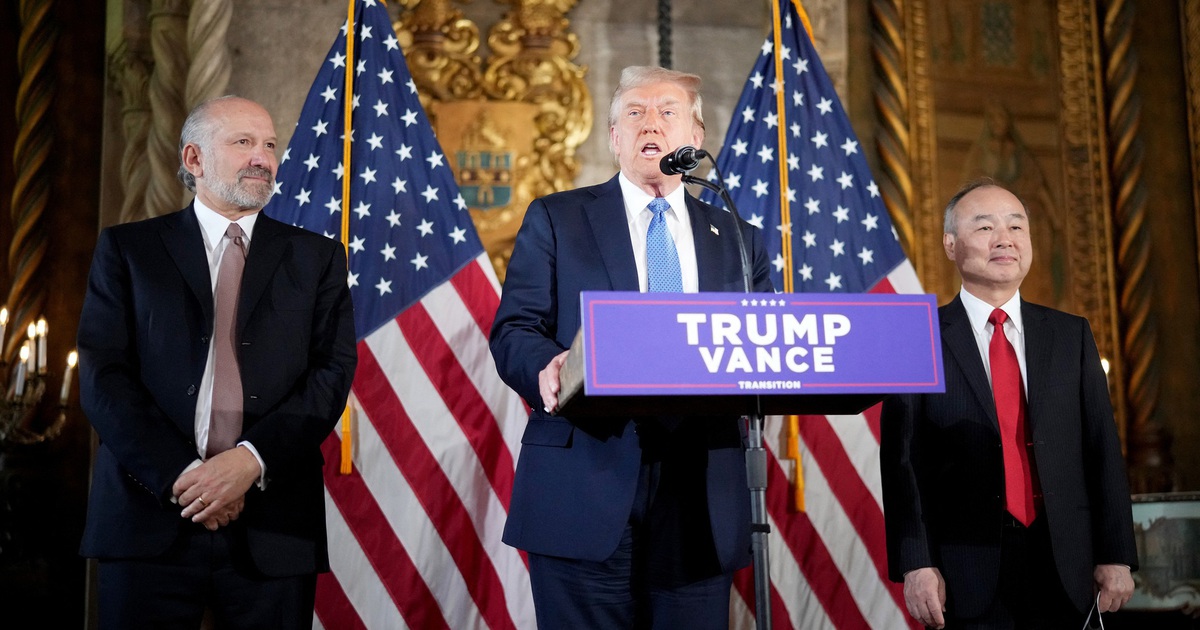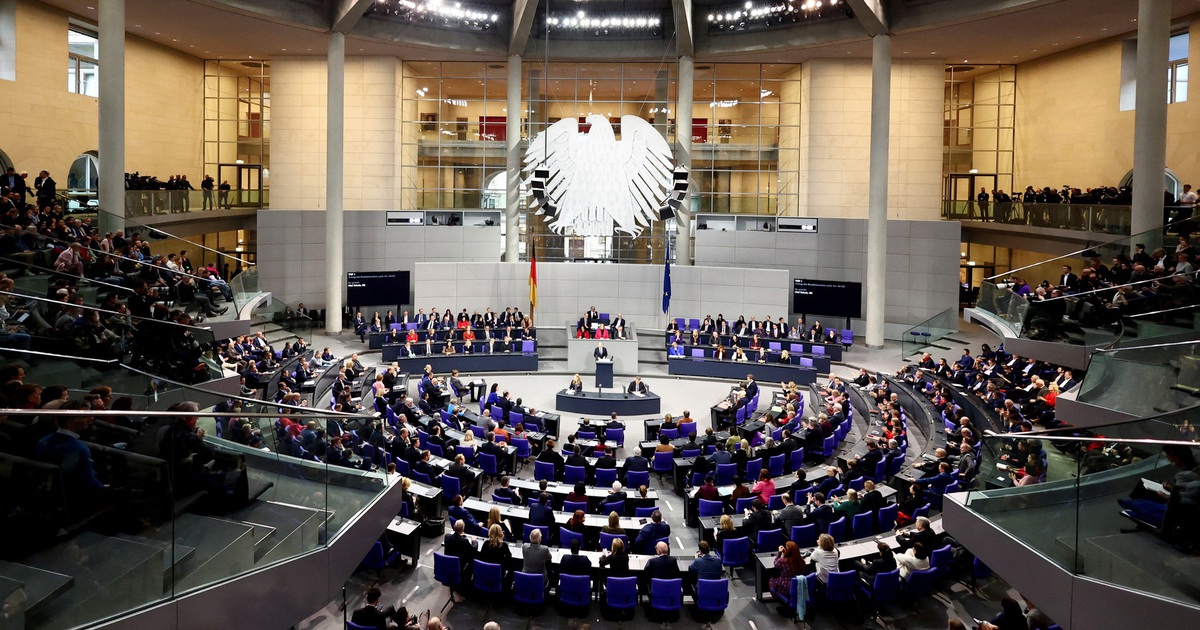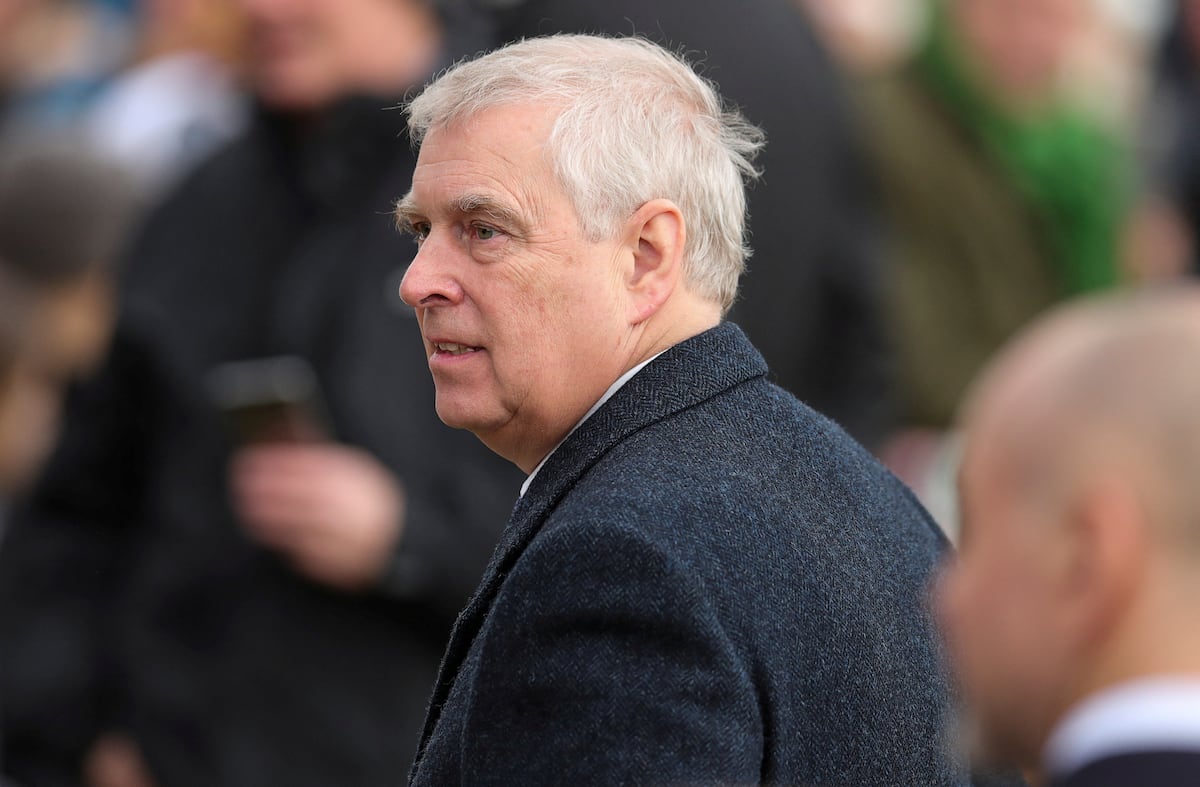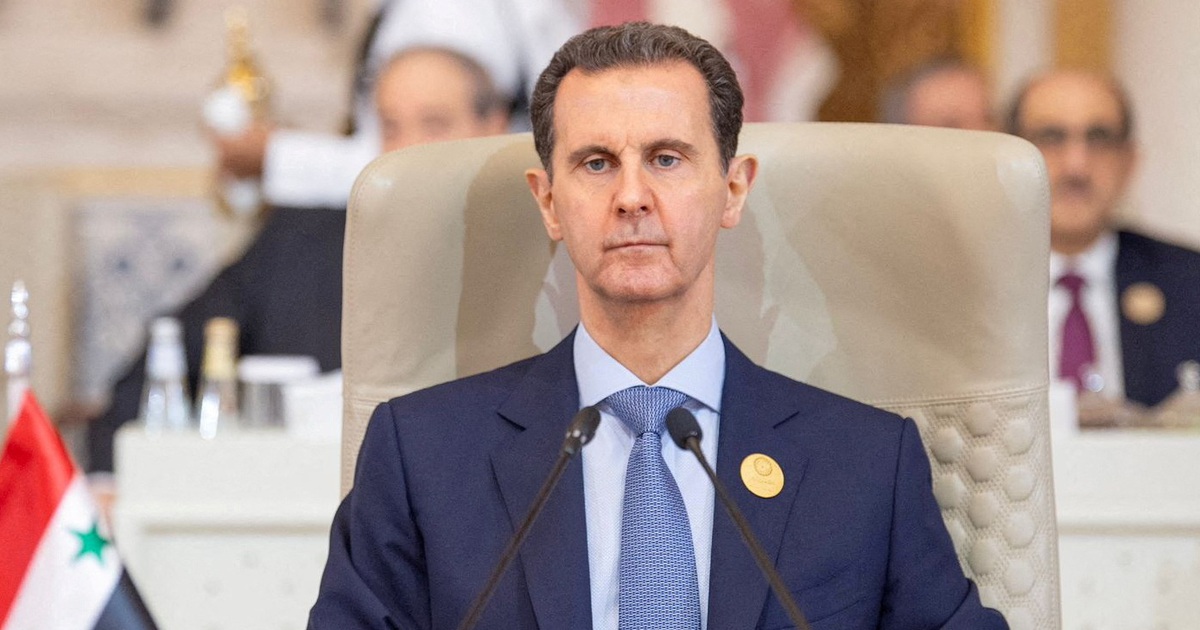The deposed Syrian president Bashar al-Assad has tried to justify his departure from the country, a week ago, as an “unplanned” action, “forced” by his Russian allies, who gave him shelter in his native Latakia (in western Syria). ) after having abandoned Damascus, which had fallen into the hands of opposition forces. Instead of a shameful escape, of which he apparently did not inform his closest collaborators in the regime, the former president describes from Moscow an epic story of retreat under fire from the insurgency’s drones, in an attack on the Russian air base. of Khmeimim during the afternoon of December 8. He asserts this in a statement released through the Telegram account.of what was his presidential cabinet, along with the obvious excuse of never having betrayed his people.
Assad’s first statement after leaving the country and taking refuge in Russia is marked by the seal of personal justification of a defeat that not even he himself seemed to anticipate. The autocrat maintains that he “never abandoned the resistance in Palestine and Lebanon,” and that he cannot be accused of “giving up on his own people and betraying his army.” He acknowledges that he left Damascus in the direction of the Russian bases in Latakia, from where he intended to “supervise” the offensive of the “terrorists”, as he has systematically defined the Syrian opposition forces during the almost 14 years of war. The lightning offensive launched from the north by its opponents crumbled, one after another, the weak government defenses, which this time did not have Russian or Iranian support.
In his story he highlights that “at no time did he consider resigning or requesting asylum” and that no one demanded that he do so, while presenting himself as a mere victim of fate. He also says he resisted until the last moment in the capital, “when the terrorists infiltrated Damascus.” He specifies that he only left his country when “it became clear” that the government forces had fled in disarray “on all combat fronts.” “Under intense fire from a drone attack (…) Moscow ordered an immediate evacuation to Russia,” he explains without offering more details. The day after his departure, the Kremlin announced that it had granted him asylum.
The statement – explicitly titled: “Explanations by President Bashar al-Assad on the circumstances that led him to leave Syria” – reflects the rhetoric of a statement of defense to justify his departure from the country to his compatriots, after having remained throughout the war “with the people and the soldiers,” as he emphasizes, “a few meters from the most dangerous battlefields.”
Meanwhile, the new strongman of Syria, the radical Islamist Abu Mohamed al Julani, already maintains contacts with the diplomacies of the United States and other Western countries, despite the 10 million dollars (9.5 million euros) that Washington offers for his head. Since the reopening, on Saturday, of the Turkish Embassy in Damascus, closed for 12 years due to the war, the progress of the new Syrian provisional government towards its international recognition has not ceased. The United Nations envoy for Syria, Geir Pedersen, was the first to visit Al Julani in the capital, where he offered the new authorities de facto “all possible assistance” and this Monday he expressed himself in favor of lifting the international sanctions imposed on the Arab country.
Al Julani, leader of Hayat Tahrir al Sham (HTS), formerly known as the jihadist group Nusra Front, affiliated with Al Qaeda, has demanded through social networks from the UN envoy a Security Council resolution that replace the one adopted in 2015 on the process of political solution to the Syrian conflict “to update it and incorporate the changes that have occurred” after the fall of the Bashar el Assad regime. The United Nations has announced that it will concentrate its work, for now, on “humanitarian aid to the civilian population and refugees who wish to return,” according to a statement released by Pedersen’s office. The Norwegian diplomat has pointed out that the sanctions that weighed on the Assad regime were imposed by the US and the EU.
The European Union has also sent a senior diplomat to Damascus to make contact with the provisional Executive formally headed by Prime Minister Mohamed al Bashir, who accompanied Al Julani in his meeting with Pedersen. He asked the new Syrian leaders for “a credible, inclusive political transition controlled by the Syrians themselves,” in accordance with United Nations resolutions.
France, a former colonial power in Syria, has not waited for the Twenty-Seven to reach a consensus on the recognition of the new authorities, which include organizations considered terrorist by the EU. Despite the jihadist past of some of the new Syrian officials, French diplomacy has announced the sending of a mission to Damascus starting this Tuesday to establish the first contacts, after the closure of the embassy more than a decade ago.
The common objective of Western capitals is the search for stability in Syria at all costs, to prevent the fall of Assad from degenerating into a climate of chaos and a failed state – as happened in Iraq in 2003, after the overthrow of Saddam Hussein. , and in Libya in 2011, after Muammar Gaddafi was deposed – conducive to the resurgence of ISIS jihadism, still latent in the desert Syrian.
Already outside the EU, the United Kingdom has also established indirect contacts with the transitional authorities in Damascus and with HTS, the armed group that triggered the end of half a century of the dictatorship of the El Assad family. The Foreign Secretary, David Lammy, acknowledged this dialogue on Sunday in statements to the BBC in which he announced the sending of humanitarian aid for the Syrian civilian population. “We will use all available channels, including those of the intelligence services,” he admitted.
The US Secretary of State, Antony Blinken, also admitted the communication opened by his department with officials of the HTS group, classified as terrorist by Washington. In a diplomatic meeting held on Saturday in Jordan with the presence of several Arab foreign ministers, Blinken acknowledged the existence of “direct contacts” with the authorities that control Syria.
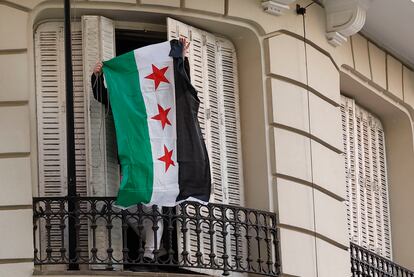
Chema Moya (EFE)
This diplomatic chain reaction occurs after Turkey, the main ally of HTS and other Islamist forces that now exercise power, such as the Free Syrian Army, reopened its Embassy in Damascus with the raising of its flag and the deployment of its security services. security. It has been the first country to take the step, in a new gesture of the so-called neo-Ottoman diplomatic strategy, by which Turkey aspires to extend its influence, above all economically and in terms of security, over neighboring countries that were part of its empire until World War I; a diplomacy planned by President Recep Tayyip Erdogan in the last two decades. Dozens of Turkish journalists have traveled to the Syrian capital, from where the main television channels have been broadcasting live information for more than a week. Police vehicles with license plates from Idlib (HTS fiefdom in northwest Syria) provided by Ankara are already patrolling the streets of Damascus to restore an image of citizen security to the capital, which continues to be guarded by militiamen from the former opposition forces to the regime.
Qatar, another key ally of the Syrian insurgency and a beacon in the Middle East of pragmatic political Islamism, along with Turkey, has announced the reopening, this Tuesday, of its Embassy in Damascus.

